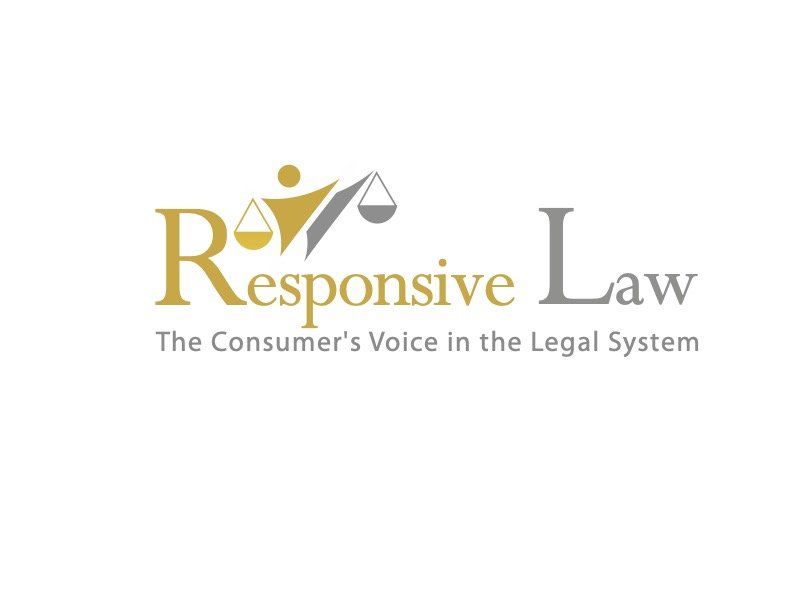Your ethics and culture in the STARs
Crispin Passmore • November 4, 2019
SRA launch new Standards & Regulations 25 November

It’s not the SRA that protects the public from rogue solicitors and law firms. It is the ethical choices underpinning the millions of decisions made by lawyers every day when no one is looking. Ethics is personal and while the SRA can set standards, guide conduct and provide the right framework and enforce robustly, it cannot watch over everyone all the time. Nor should it.
The SRA’s new Standards & Regulations are designed to incentivise ethical decision making when no one is looking. Values may or may not be innate, but to apply them in the practice of law requires practice. It also needs infrastructure to help law firms and solicitors build capability and capacity. The challenges to ethics are particular to the environment – taking advantage of third parties, conflict, billing practices, balancing client interests with other ethical obligations –are all handled better if we are prepared for them. If we don’t build the right cultures among the profession and law firms then we should not be surprised when solicitors make bad decisions when no one is looking. You only have to read research by Moorhead
et al or Vaughan & Oakley, or just follow LawyerWatch, to grasp the lack of attention to these issues. And you only have to read SDT decisions to see the consequences.
It is not by accident that the SRA’s new regulatory arrangements are called Standards & Regulations (StaRs). There is a shift away from the language of ‘handbook’, ‘rules’ and ‘prescription’. ‘Standards’ underpins the move towards a culture of professionalism operating across flexible and diverse practices. The reduced number of Principles
reflects this: they are all clear ethical obligations that are recognisable to any solicitor wherever and however they practise. These principles apply to regulated firms and individual lawyers and underpin culture. An earlier blog
in this series explored these.
The focus on the new StaRs is often about the flexibility that they offer for new forms of practice, which will be covered in a later blog. Building on reforms since 2011, we will see solicitors operating far beyond traditional law firms. Not just in alternative business structures (ABS) and multi-disciplinary practices (MDPs), but as freelancers and practising in unregulated firms; in-house with commercial businesses or in Government, and in special bodies. The SRA is expecting solicitors to work out what their ethical obligations are in these diverse practices and that requires the organisations within which they work to have the right culture. In the introduction to the Code of Conduct for Solicitors, RELs and RFLs
the SRA says:
“You must exercise your judgement in applying these standards to the situations you are in and deciding on a course of action, bearing in mind your role and responsibilities, areas of practice, and the nature of your clients (which in an in house context will generally include your employer and may include other persons or groups within or outside your employer organisation).”
It is worth reflecting that this does not stress business or ownership structure, or how you practise. It is steering solicitors quite explicitly towards the context of their work and the exercise of professional judgement.
This personal responsibility for individual lawyers is reflected elsewhere in the Code for Solicitors. Take, for example, client care letters. How many solicitors ever even look at the standard firm fare they sign off with each new client instruction? Yet in 2019 there is shift away from the firm ticking off a compliance obligation to send a client care letter, towards a personal responsibility for the client’s solicitor to ensure the client understands what they are being told. The method and content for on-boarding a vulnerable client will need to be different to the letter you send sophisticated and repeat clients. For example, paragraphs 8.6 and 8.7 in the individual code say: “You give clients information in a way they can understand.” And “You ensure that clients receive the best possible information about how their matter will be priced…”.
This focus on personal responsibility does not mean that regulated firms can relax. Reflecting the shift towards standards rather than rules, the new StaRs focus on the firm’s culture as well as its systems and controls. Again, the Principles set the tone, and before moving into the detailed Standards, the introduction to the SRA Code of Conduct for Firms
reminds that: “These aim to create and maintain the right culture and environment for the delivery of competent and ethical legal services to clients.”
In short, if a firm has a culture that is cavalier about ethics, it can expect to be held to account when one of its individual solicitors goes rogue. As I have said elsewhere,
culture has become compliance. Regulated firms need to have as strong a focus on ethical infrastructure and the culture that makes it work as they do on legal knowledge or client facing skills.
Managers are, of course, in a particularly important position in setting the tone and culture. Paragraph 8.1 in the Code for Firms says: “If you are a manager, you are responsible for compliance by your firm with this Code. This responsibility is joint and several if you share management responsibility with other managers of the firm.”
Remember that a manager “means: the sole principal in a recognised sole practice; a member of a LLP; a director of a company; a partner in a partnership; or in relation to any other body, a member of its governing body.” That means becoming a partner is not (only) about status and money – it is about responsibility and accountability. If you cannot demonstrate the necessary ethical capacity and capability for that burden then you unlikely to be ready to be a partner. Partner is not a destination – it is the start of a serious journey.
Of course law firms need to be thinking about culture when they select and help lawyers transitioning to partnership. Each manager will need to understand their firm as much as their personal practice within it. That means breaking down silos; understanding your markets and clients; and the firm’s finances for starters. This requires a culture that encourages transparency, challenge and collaboration among managers.
The SRA does recognise that more experienced lawyers and managers, particularly those with specific leadership and management roles, have an even more serious responsibility. Some of this is evidenced in the reference to your ‘role and responsibilities’ in the introduction to the Individual Code reference above.
Firms should also consider the Enforcement Strategy
published in February of this year, and in particular Appendix A: ‘Sanctions & Controls’. This again stresses the importance of culture when it records that the SRA will be more likely to take regulatory action against a firm where a serious breach “demonstrate[s] a failure which relates to the culture, systems, supervision arrangements or processes for which the firm, as a whole, should be held accountable. [or] to encourage a culture of compliance and management of future risk.”
Firms and lawyers need to actively consider ethics, remembering that most ethical issues do not come with a red flag on them. Individuals cannot just rely on their COLP and firms need to take responsibility for the ethical culture within that business. In the introduction to the Code for Solicitors, RELs and RFLs, the SRA reminds that: “You are personally accountable for compliance with this Code - and our other regulatory requirements that apply to you - and must always be prepared to justify your decisions and actions.”
So what should solicitors and firms do in response to this changing nature of regulation? Well, not panicking is a good start. With around 150,000 lawyers in practice and over 10,000 regulated firms, it is reassuring that so few regulatory sanctions are applied – perhaps around 500 per annum. And if you read the Enforcement Strategy in full (a theme in this series of blogs) then many of your fears about being second-guessed should disappear; but here are some questions you might ask yourself:
- Solicitors
o Do you understand your regulatory responsibilities?
o Have you designed ethical training into your reflective learning programme?
o Do you challenge those around you based on the behaviours and values your firm espouses?
- Managers
o Are you clear about your firm’s values?
o How do you know the firm’s culture supports these values in practice?
o Do you understand the finances and the pressures that exist because of your firm’s financial model and approach?
o Who are the firm’s clients (not just yours or your department’s) and what risks do they present to the firm you are managing?
o How big is the gap between the behaviours you as a manager espouse and what you role model, value and reward? Have you checked that via 360 degree feedback?
- Firms
o What culture are you trying to build – can you articulate it and if your most junior staff are asked to do so is it the same?
o How do you measure it and report it to all managers? Do you use 360 degree feedback as well as staff surveys?
o How would you know if culture was part of the problem when something does go wrong?
o Does your business structure help all managers fulfil their responsibilities?
o How do you select new partners – what part does professional responsibility (regulation) play in that?
o Have you built a culture of speaking truth to power, challenging upwards and sideways?
o Do you reward values as much or even more than knowledge and skills?
The SRA’s new StaRs provide significant new freedom and flexibility to solicitors and law firms. Those with the privilege to be trusted to practise with these titles and authorisations will be held to account for how they use those freedoms to benefit the public interest. We should all support that.
This blog first appeared on the website of Kingsley Napley as part of a great series of insightful blogs leading up to the launch of the STARs on 25 November.

The Legal Tech Fund ran the best event for innovators int he legal market that I have found. TLTF 2023 was a a great opportunity to learn new things but best of all were the connections made and friends seen. These enabled new discussions and deeper debates about technology, capital deployment and liberalisation. TLTF 2024 is just one year away - I'm already excited.









